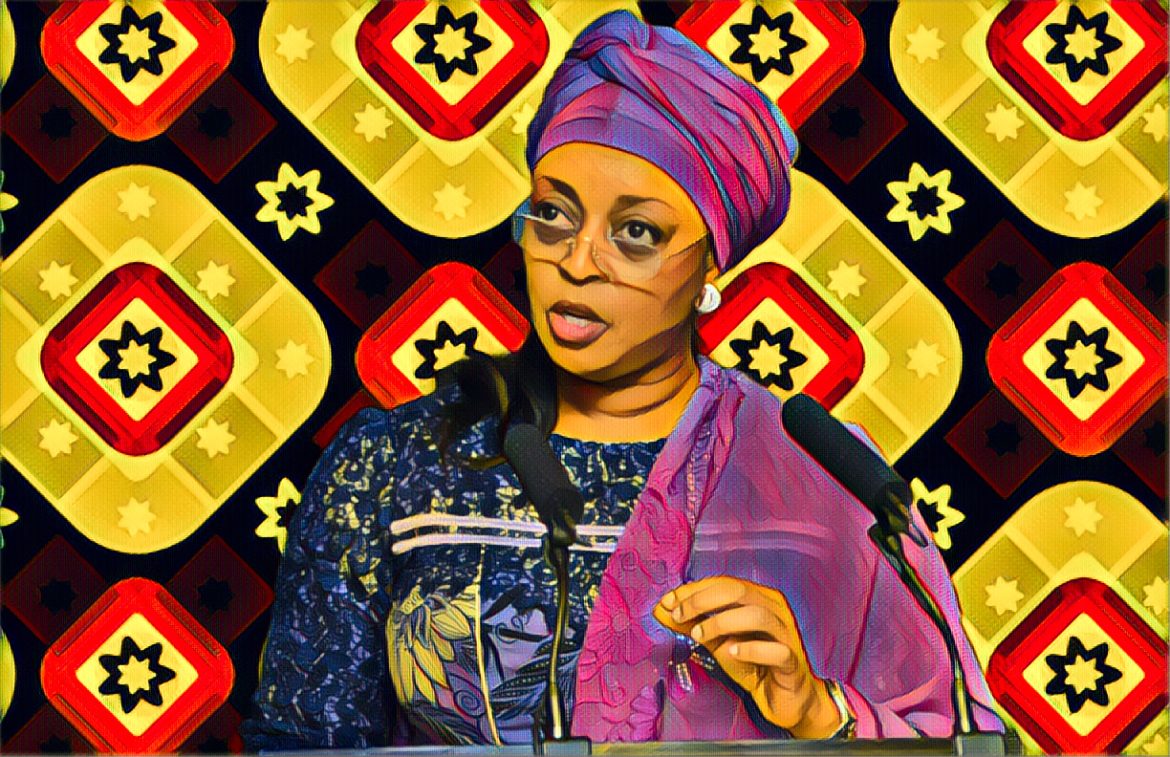A former minister in Ghana has denied claims by the anti-corruption agency that she is involved in illicit financial transactions. Cecilia Abena Dapaah, who served as the Minister for Sanitation and Water Resources, challenged the agency’s move to seize her money and assets on suspicion of corruption. The Office of the Special Prosecutor (OSP) had obtained a court order to confiscate $590,000 and 2.86 million Ghanaian cedis from Dapaah’s residence in July, after a newspaper reported that some people had stolen $1 million from her home. The OSP also froze her bank accounts and alleged that she was receiving funds from a bank account belonging to her late brother.
However, in August, the court dismissed the OSP’s application and ordered the agency to return Dapaah’s properties within seven days. The court ruled that the OSP had failed to provide sufficient evidence to justify the seizure and freezing of Dapaah’s money and assets. The OSP complied with the court’s order, but re-seized Dapaah’s properties on September 11, citing new grounds for investigation. The agency claimed that it had found reasonable grounds to suspect that Dapaah’s money and assets were tainted by corruption and sought a confirmation of the new seizure from the court. Dapaah, in a sworn affidavit, refuted the OSP’s allegations and challenged the agency to prove its case. She explained that the money transferred from her late brother’s account was for the payment of school fees for his children. She also said that the account was opened with funeral donations collected by a bank at her late brother’s funeral.
Dapaah accused the OSP of acting in bad faith and violating her rights. She said that the agency had not given her any opportunity to respond to the allegations before seizing her properties. She also said that the agency had not conducted any proper investigation into the matter. Dapaah’s lawyer, Victoria Barth, has filed an application for an abridgment of time for the case to be heard earlier by the court. The application is expected to be heard on October 11.
The case has attracted public attention in Ghana, where corruption is a major challenge for governance and development. According to Transparency International, Ghana ranked 75th out of 180 countries in its 2020 Corruption Perceptions Index, with a score of 43 out of 100. The OSP was established in 2018 as an independent body to investigate and prosecute cases of corruption involving public officials and politically exposed persons. The agency is headed by Kissi Agyebeng, who was appointed in July 2021, following the resignation of Martin Amidu, the first special prosecutor, in November 2020.
Amidu had accused President Nana Akufo-Addo of interfering with his work and undermining his independence. Akufo-Addo denied the allegations and said that he was committed to fighting corruption in Ghana. The OSP has faced criticism from some civil society groups and opposition parties for its slow pace of work and lack of results. The agency has not secured any conviction since its inception and has only initiated a few prosecutions.
The outcome of Dapaah’s case could have implications for the credibility and effectiveness of the OSP as an anti-corruption institution. It could also test the rule of law and accountability in Ghana’s democracy.
[Source] GhanaWeb





6 comments
Superb, what a web site it is! This webpage gives helpful data to
us, keep it up.
I blog quite often and I really appreciate your content.
This article has really peaked my interest. I’m going to book mark your website and keep checking for new information about once per week.
I opted in for your Feed as well.
Hey there! Someone in my Myspace group shared this website with us so
I came to take a look. I’m definitely loving the information. I’m book-marking and will be tweeting
this to my followers! Great blog and fantastic design.
Hi are using Wordpress for your blog platform? I’m new to the blog world but
I’m trying to get started and set up my own. Do you require any coding knowledge to make
your own blog? Any help would be greatly appreciated!
บทความนี้อธิบายว่า
รากฟันเทียม คือ ได้เข้าใจง่ายมากครับ
ผมเคยสงสัยเรื่อง ขั้นตอนศัลยกรรมช่องปาก ว่ามันอยู่ได้นานไหม
หลังจากอ่านแล้วทำให้รู้ว่า รากเทียมจาก ไทเทเนียม นั้นสามารถอยู่ได้หลายปีถ้าดูแลดี
ขอบคุณที่ให้ข้อมูลเกี่ยวกับ การดูแลรากฟันเทียม เพราะช่วยให้คนทั่วไปเข้าใจและกล้าตัดสินใจมากขึ้นครับ
Thanks a lot for sharing this with all folks you really recognise what you’re talking approximately!
Bookmarked. Please also consult with my web site =).
We may have a link alternate agreement between us